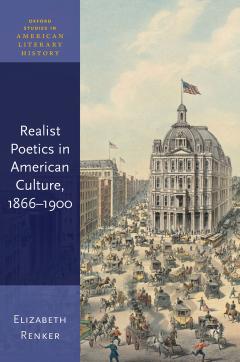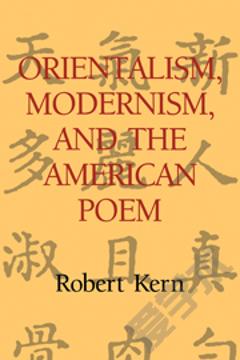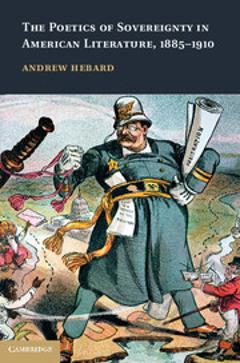Genders, Races, and Religious Cultures in Modern American Poetry, 1908–1934
In Genders, Races and Religious Cultures in Modern American Poetries, Rachel Blau Duplessis shows how, through poetic language, modernist writers represented the debates and ideologies concerning New Woman, New Negro and New Jew in the early twentieth century. From the poetic text emerge such social issues of modernity as debates on suffrage, sexuality, manhood, and African-American and Jewish subjectivities. By a reading method she calls 'social philology' - a form of close reading inflected with the approaches of cultural studies - Duplessis engages with the work of such canonical poets as Wallace Stevens, Ezra Pound, T. S. Eliot, William Carlos Williams, Gertrude Stein, Marianne Moore and H. D., as well as Mina Loy, Countee Cullen, Alfred Kreymborg and Langston Hughes, writers, she claims, still marginalized by existing constructions of modernism. This book is an ambitious attempt to remap our understanding of modern poetries and poetics, and the relationship between early twentieth-century writing and society.
{{comment.content}}








 京公网安备 11010802027623号
京公网安备 11010802027623号